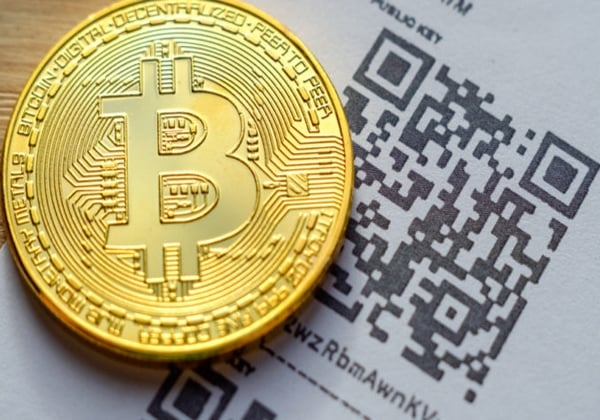In comments on Sunday, the spokesperson for Tavanir, an Iranian state-run company in charge of power supply and distribution, said the country’s consumption in the previous Iranian month has risen by 7 percent compared to the corresponding period last year.
Such increase was mainly caused by the Bitcoin miners’ outsize thirst for electricity, Mostafa Rajabi Mashhadi added.
It is illegal to use the national grid for cryptocurrency mining, he added, saying the electricity users producing digital currencies, like Biotcoin, will be detected and their power will be cut off.
Every Bitcoin mining machine that is powered by the same cheap source of electricity available to houses consumes the equivalent of 24 dwellings, the spokesman added, saying the administration has not still set a tariff on the power consumption of digital currency miners.
With electricity so reasonably subsidized that many Iranian occupants buy modern air conditioners with powerful compressors, the number of digital currency miners using power in the residential areas has been growing in recent years.
Bitcoin is a cryptocurrency and a form of electronic cash which many computer geeks believe will form the future of the global economy.
In a report released this month, Iranian economic daily Financial Tribune quoted the deputy energy minister of Iran as saying that electricity bills for digital currency miners should be calculated in accordance to real prices.
Homayoun Haeri has insisted that electricity bills for cryptocurrency mining activities should be priced according to the same rates established for power exports.
The administration reportedly pays nearly $1 billion in subsidies per annum to bridge the gap in real electricity costs and what consumers are billed.
